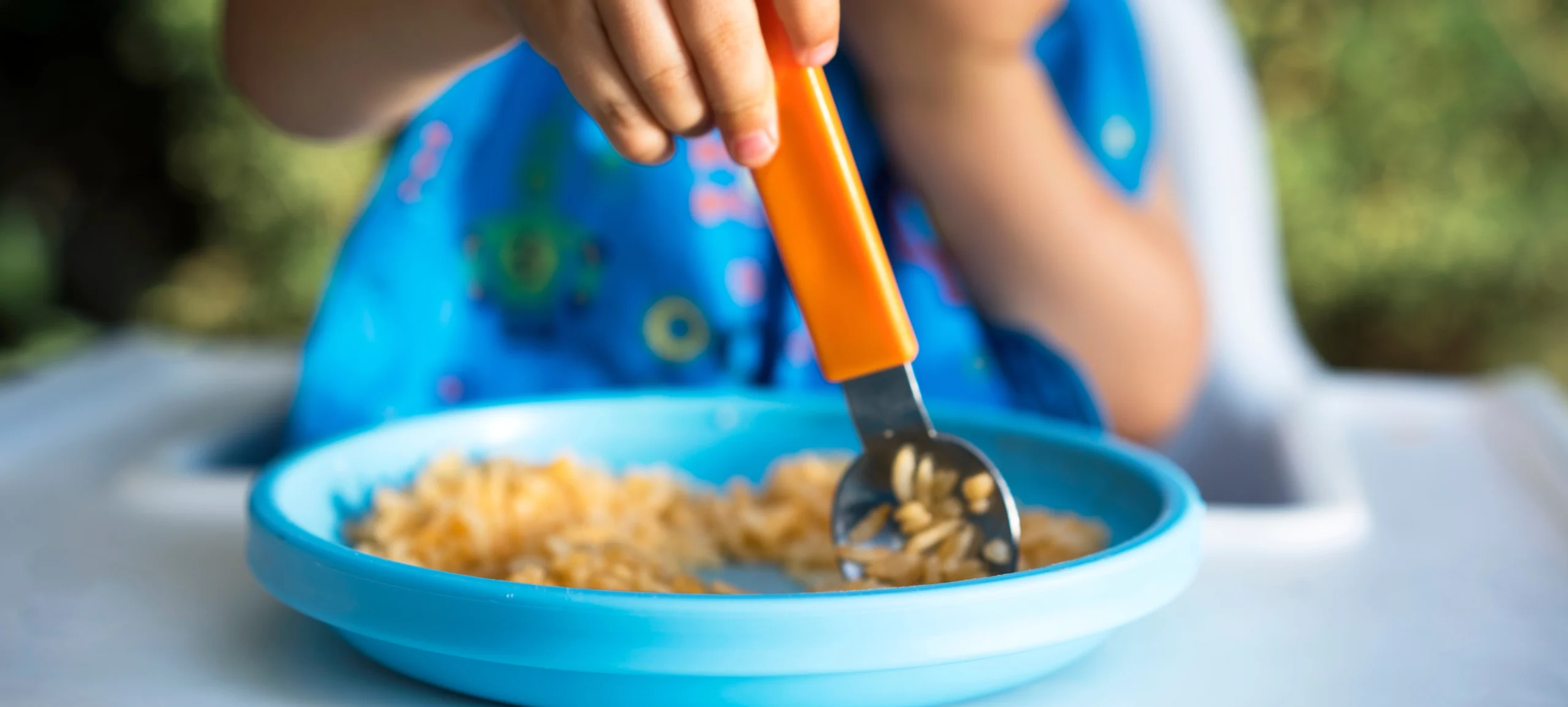It’s no secret that toddlers can be some of the pickiest eaters. Whether it’s the texture, colour, or just the mood of the moment, getting your little one to eat a balanced meal can sometimes feel like an uphill battle. But don’t worry—you’re not alone, and there are ways to navigate this challenging phase while ensuring your toddler is getting the nutrients they need. Here are some practical tips for dealing with picky eating and promoting balanced meals:
1. Offer a Variety of Foods
Toddlers love routine, but they also need variety to make sure they get all the nutrients their growing bodies require. Offer a mix of fruits, vegetables, whole grains, proteins, and dairy options throughout the week. Just because your child refuses something one day doesn’t mean they won’t like it the next. Keep offering different foods in different forms and textures (raw, cooked, pureed) to see what they prefer.
2. Make Meals Fun
Toddlers are more likely to try new foods if they are visually appealing. Get creative with how you present their meals. Use cookie cutters to shape sandwiches into fun shapes or arrange veggies in colourful patterns. Adding a smiley face with fruits or using colourful plates can also encourage curiosity about the meal.
3. Be Patient with New Foods
It can take several attempts before your toddler is ready to try a new food. Experts suggest that toddlers need to be exposed to a new food 8-15 times before they will even consider trying it. So, don’t get discouraged if they turn their nose up at something for the first few times. Keep it consistent, and eventually, they may come around.
4. Involve Your Toddler in Meal Preparation
Kids are more likely to eat foods they helped make. Let your toddler assist in washing veggies, stirring ingredients, or assembling their meal. This gives them a sense of control and ownership over their food, which can make them more excited to eat it. Plus, it’s a fun bonding experience!
5. Offer Healthy Snacks
Toddlers often graze throughout the day rather than sitting down to large meals. Offering healthy snacks between meals can help fill the nutritional gaps that picky eating might create. Think whole-grain crackers, cheese sticks, fruit, and yogurt. Snacks should be simple, but nutritious and easy to eat.
6. Keep Meal Times Stress-Free
Pressure and force-feeding rarely work with toddlers. If they sense tension, they may associate mealtime with negativity and refuse to eat altogether. Try to keep meal times light and stress-free by staying calm and patient. If they don’t want to eat, that’s okay—offering something else later is better than making them feel pressured.
7. Limit Sweet Snacks and Drinks
It’s tempting to offer sweet treats or sugary drinks to get your toddler to eat, but this can encourage a preference for sugary foods over nutritious ones. Keep sugary snacks to a minimum and offer water or milk instead of sugary juices. This helps your toddler develop a taste for healthy options over time.
8. Model Healthy Eating Habits
Children mimic the behaviour they see, so make sure you’re setting a good example. Eat a variety of healthy foods in front of your toddler, and they are more likely to follow suit. If they see you enjoying vegetables or trying new dishes, they may be more inclined to do the same.
9. Stay Calm During Mealtimes
It’s easy to get frustrated when your toddler refuses to eat, but keeping your cool is essential. If mealtime becomes a battleground, your child may start to associate food with conflict, making the situation even harder. Stay relaxed, and if necessary, remove the food calmly and try again later.
10. Consult a Paediatrician or Nutritionist if Needed
If you’ve tried everything and your toddler is still refusing to eat or isn’t gaining weight appropriately, it may be a good idea to consult a paediatrician or nutritionist. They can help rule out any underlying health issues and provide personalised advice to make sure your toddler is getting the right nutrition.
Conclusion
While picky eating can be frustrating for parents, it’s often a normal phase of toddler development. By offering a variety of foods, making meals fun, and being patient, you can help your little one build a healthy relationship with food. Remember, consistency and creativity are key!
We understand that there are many aspects that encompass a Mother, Father or Child and strive toward providing resources and services that accommodates this.
Our content is aimed to inform and educate families on issues starting from pregnancy through to the challenges of the teen-age years.
- Say Hello to the Ultimate Holiday Brunch Bite - December 17, 2025
- Tiny Toons Looniversity Returns: Meet the Voice Behind Plucky and Hamton! - December 12, 2025
- From Pain to Possibility: Panado®’s New Marketing Campaign, Highlights The Joy Of Pain Relief - December 10, 2025





